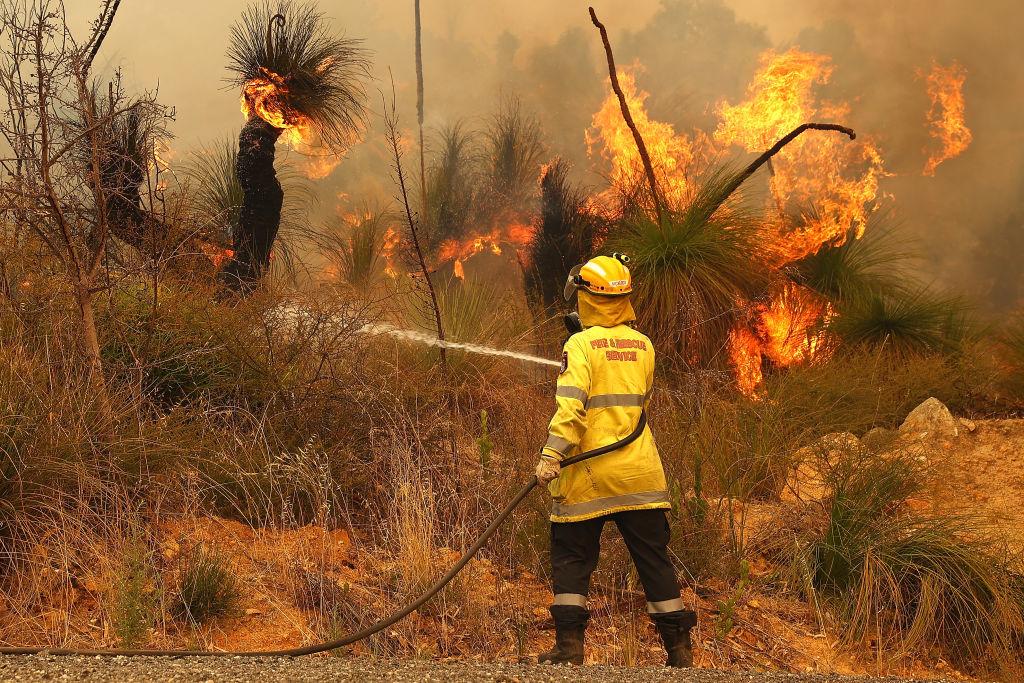With the number of extreme wildfires worldwide predicted to increase by 2030, fire management is a hot topic and the world is watching how Australia does it.
Rangers, traditional owners and land corporations shared their experiences and expertise with government and climate fund representatives from countries including Zambia and Brazil, and the UN-backed Green Climate Fund at a forum in Darwin this week.





